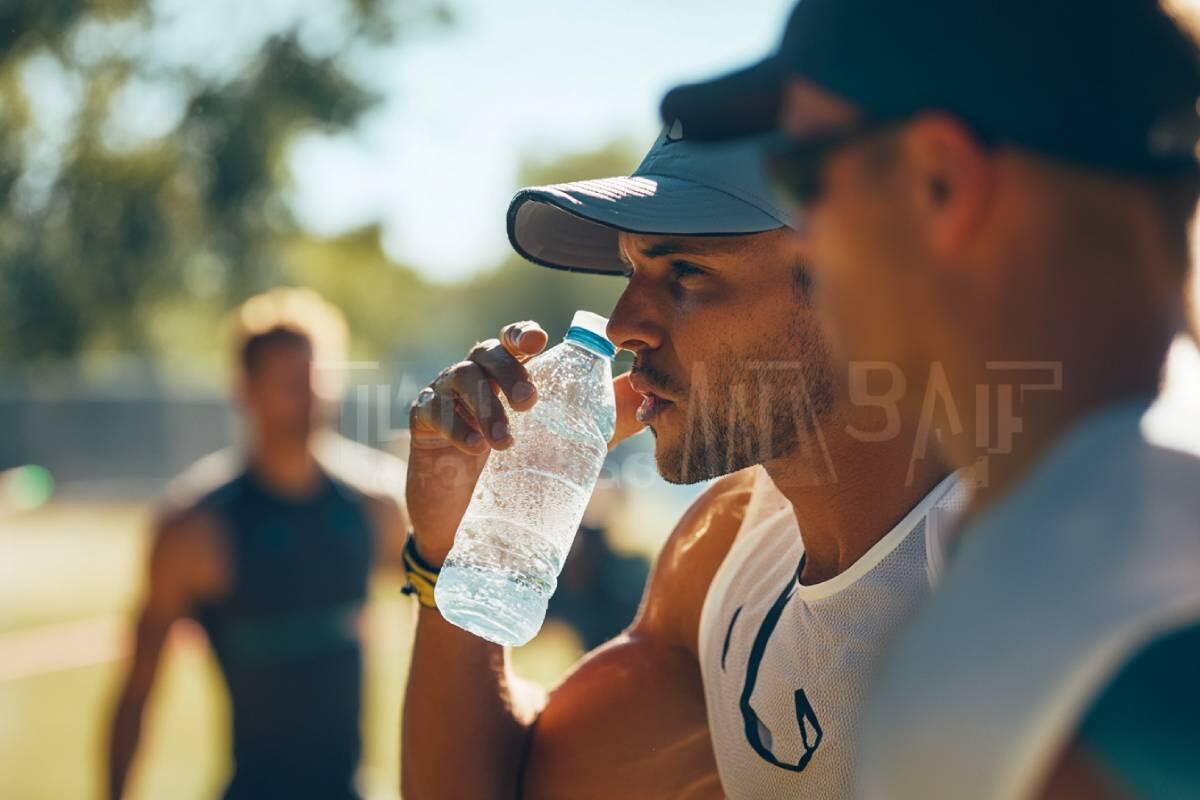Heatstroke in Athletes: Prevention and Management During Training
Heatstroke is a serious risk for athletes who train or compete in high-temperature conditions. Understanding how to prevent and manage heat-related illnesses is crucial to ensuring both safety and optimal performance during physical activities.
In this article, we’ll explore the causes, signs, and preventive measures for heatstroke in athletes. The Clinic Consultation team offers expert guidance to help athletes and coaches manage these risks effectively, ensuring health and performance are prioritized.
The Causes of Heatstroke in Athletes
Heatstroke occurs when the body’s temperature regulation system is overwhelmed, leading to dangerously high internal temperatures. This often happens during intense physical activity in hot and humid conditions. Contributing factors include dehydration, poor acclimatization to the heat, and inadequate rest between workouts.
Understanding these triggers is the first step in prevention. The Clinic Consultation recommends athletes undergo a thorough health assessment to identify any underlying conditions that may increase their susceptibility to heatstroke.
Early Signs and Symptoms
Recognizing the early signs of heatstroke is critical to preventing it from becoming a medical emergency. Common symptoms include:
- Profuse sweating followed by dry skin.
- Rapid heart rate and difficulty breathing.
- Dizziness, confusion, or fainting.
Athletes should seek immediate medical attention if these symptoms occur. The Clinic Consultation provides specialized care for athletes experiencing heat-related illnesses, offering tailored treatment plans to ensure quick recovery.
Preventive Measures for Heatstroke
- Hydration is Key: Athletes should drink water or electrolyte-rich fluids before, during, and after exercise. Dehydration is a leading cause of heatstroke and should never be overlooked.
- Acclimatize Gradually: Gradual exposure to hot conditions allows the body to adapt, reducing the risk of heat-related illnesses.
- Choose Appropriate Gear: Lightweight, breathable clothing helps dissipate heat. Avoid dark colors, which absorb sunlight, increasing body temperature.
The Clinic Consultation offers workshops and training plans to educate athletes and coaches on effective heatstroke prevention strategies.
Managing Heatstroke During Training
If an athlete shows signs of heatstroke during training, immediate action is necessary:
- Cool the Body: Move the individual to a shaded or air-conditioned area and apply cold compresses to the skin. If possible, immerse the athlete in cold water.
- Rehydrate Safely: Provide small sips of water or oral rehydration solutions. Avoid giving excessive fluids all at once, as this can lead to further complications.
- Seek Professional Help: Medical evaluation is essential to ensure full recovery and prevent complications.
At the Clinic Consultation, our medical experts provide emergency support and follow-up care to athletes recovering from heatstroke.
Long-Term Strategies for Athlete Safety
- Schedule Smart Training Sessions: Early morning or evening workouts reduce exposure to peak heat. Coaches should monitor weather conditions and adjust plans accordingly.
- Monitor Fitness Levels: Regular health check-ups can identify athletes at higher risk of heat-related issues, ensuring preventive measures are taken proactively.
By working with the Clinic Consultation, athletes and teams can access comprehensive health services to optimize safety and performance under various environmental conditions.
Conclusion
Heatstroke is a preventable condition that requires awareness, preparation, and prompt action. By understanding the risks, recognizing early signs, and implementing preventive strategies, athletes can train safely even in challenging environments.
If you are an athlete or coach seeking expert advice on managing heat-related risks, contact the Clinic Consultation today. Our specialists are ready to provide personalized care and ensure your health and safety during training and competition.
